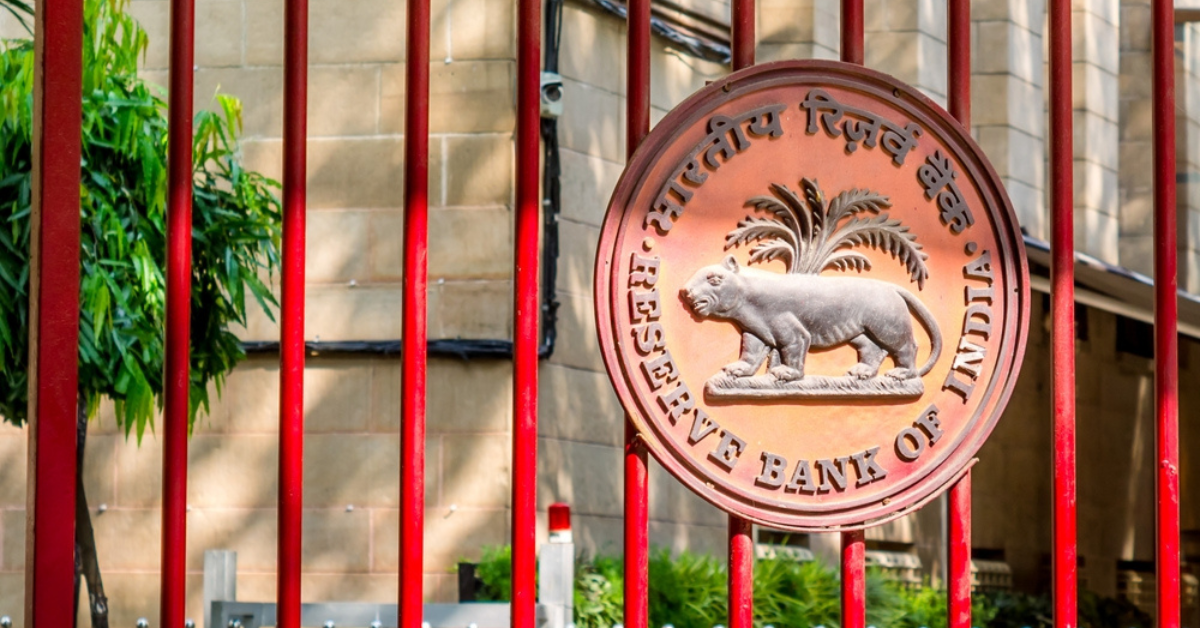SUMMARY
The letter, dated April 15, has asked payment system operators (PSOs) to take measures to prevent potential misuse of electronic fund transfer mechanisms
The regulator wants payment companies to track high-value merchant payments specifically
Additionally, the RBI instructed payment companies to monitor suspicious transactions and promptly report them to the appropriate authorities
The Reserve Bank of India (RBI) has directed all regulated payment companies to monitor high-value or suspicious transactions during the Lok Sabha elections, which commenced on April 19.
In a letter, dated April 15, the central bank has asked payment system operators (PSOs) to take measures to prevent potential misuse of electronic fund transfer mechanisms for influencing voters or indirectly financing political candidates, ET reported.
“The regulator wants payment companies to track high-value merchant payments specifically. Also recurring person-to-person payments can be brought under scrutiny,” a fintech executive said as quoted in the report.
Fintech firms like Razorpay, Cashfree, CCAvenue, and Mswipe operate as regulated payment aggregators, whereas companies like PhonePe and MobiKwik hold mobile wallet licenses.
Additionally, the RBI instructed payment companies to monitor suspicious transactions and promptly report them to the appropriate authorities.
This marks one of the initial occasions where the regulator has specifically directed payment companies to monitor digital payment activities.
With the widespread acceptance of digital payments and the increasing popularity of Unified Payments Interface (UPI) and card transactions, the regulator emphasises the importance of monitoring these channels as well.
Merchants can serve as a pathway for unauthorised fund transfers. Someone could initiate a substantial payment to a merchant, who then disperses smaller cash amounts to multiple individuals in the area, primarily targeting voter influence, a senior executive at a payment firm said.
On the other hand, using a point of sale (PoS) terminal to convert digital money into cash is a prevalent method of money laundering.
The first phase of voting for the Lok Sabha Elections 2024 was held for 102 parliamentary seats across 21 states and Union Territories last Friday (April 19).
Voting for the second phase will take place on April 26. In this phase, polling will take place across 89 Lok Sabha constituencies in 13 states. The counting will be held on June 4, following 7 phases of election which will be concluded on June 1.
Disclaimer
We strive to uphold the highest ethical standards in all of our reporting and coverage. We StartupNews.fyi want to be transparent with our readers about any potential conflicts of interest that may arise in our work. It’s possible that some of the investors we feature may have connections to other businesses, including competitors or companies we write about. However, we want to assure our readers that this will not have any impact on the integrity or impartiality of our reporting. We are committed to delivering accurate, unbiased news and information to our audience, and we will continue to uphold our ethics and principles in all of our work. Thank you for your trust and support.



![[CITYPNG.COM]White Google Play PlayStore Logo – 1500×1500](https://startupnews.fyi/wp-content/uploads/2025/08/CITYPNG.COMWhite-Google-Play-PlayStore-Logo-1500x1500-1-630x630.png)